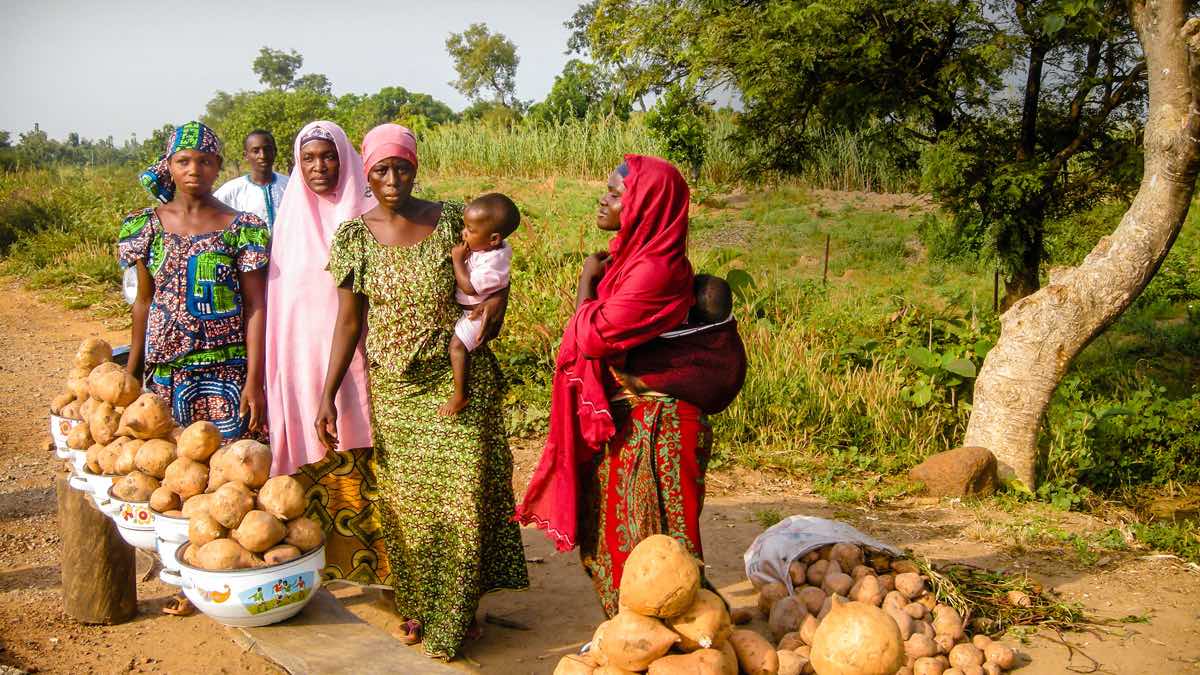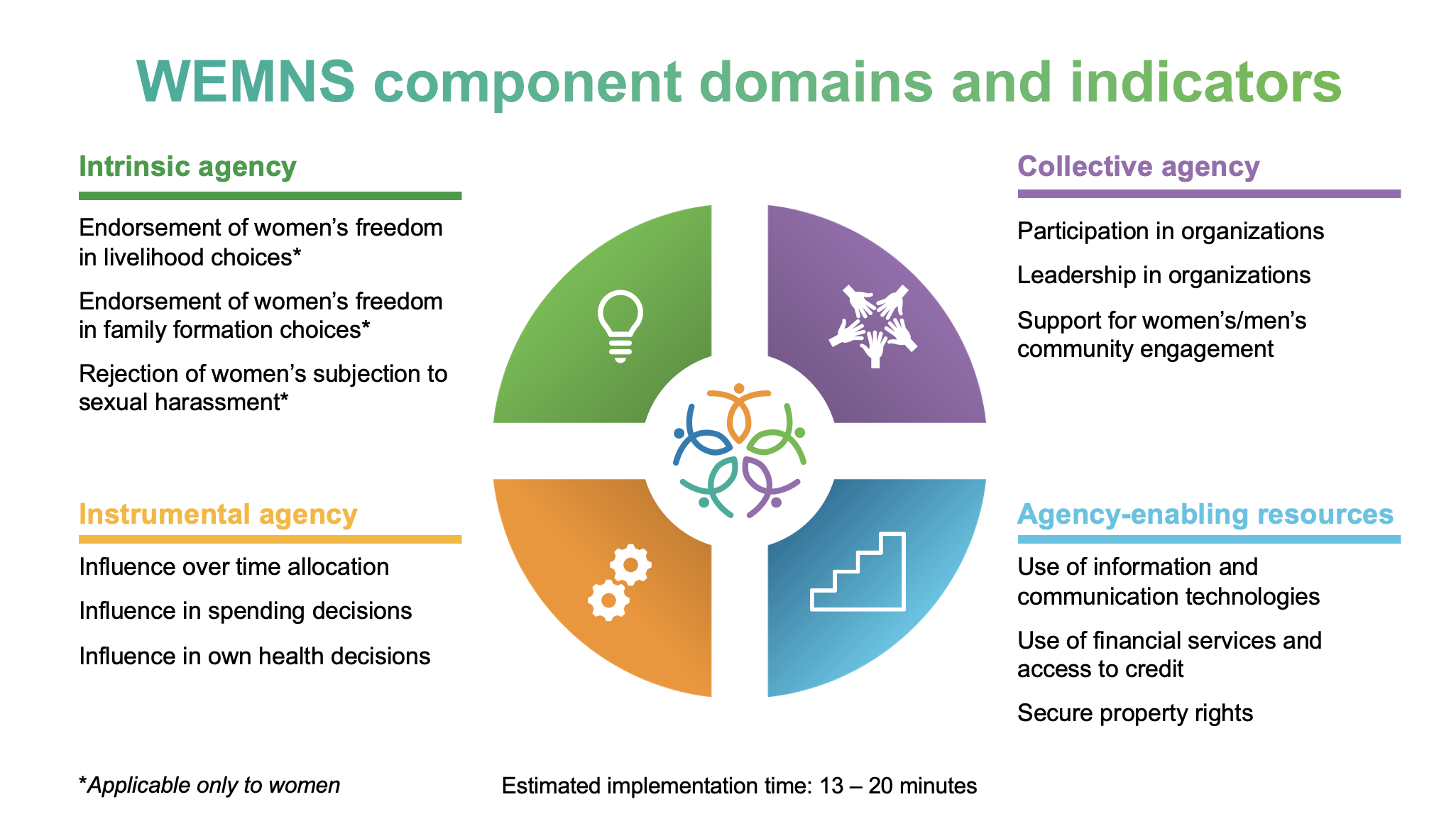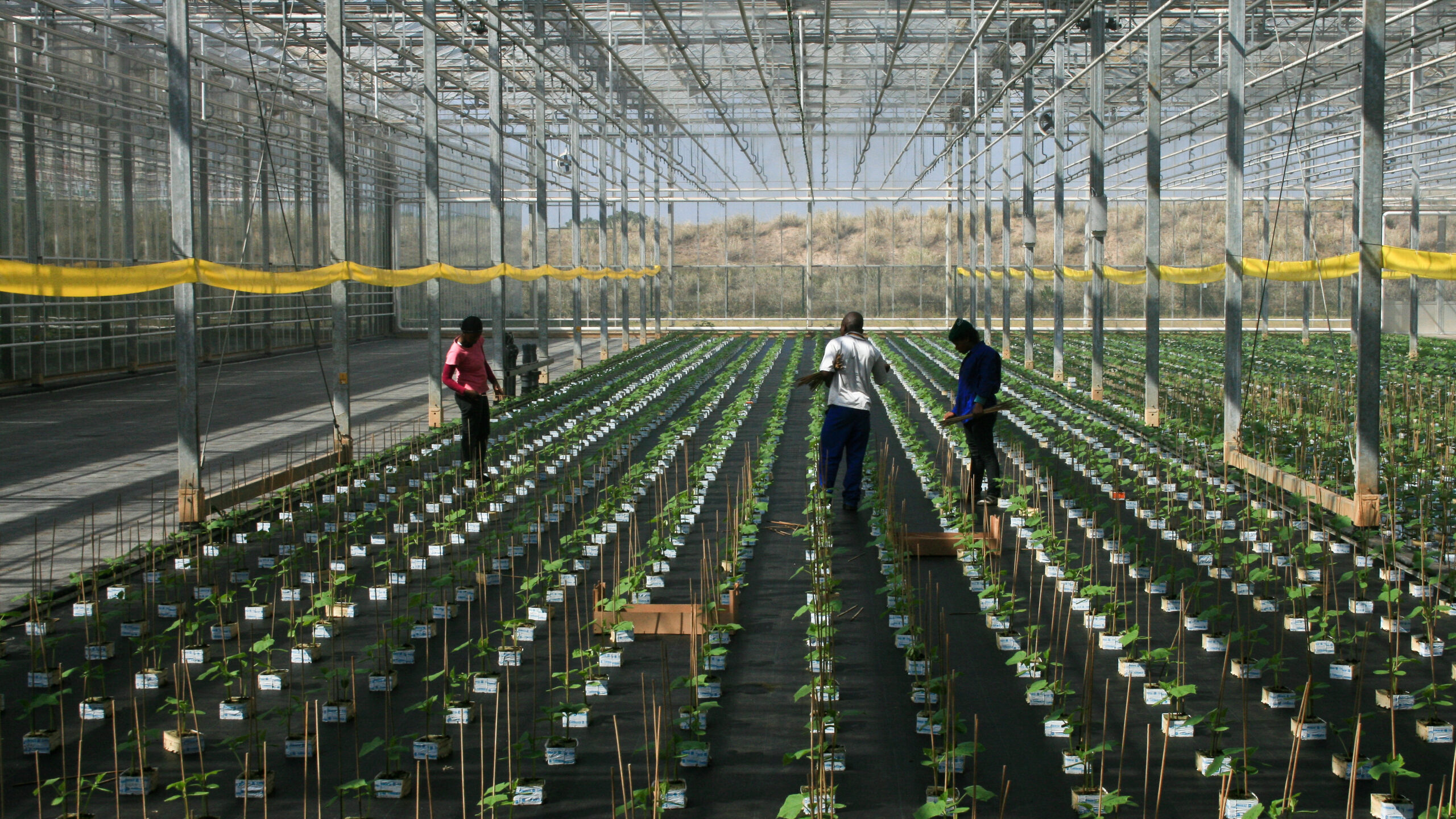Fourth in a series of blog posts exploring IFPRI’s work on climate change and its implications for food systems, land use, gender, and other issues in connection with the Sept. 23 UN Climate Action Summit 2019. Read the others here, here, and here.
Climate change poses great risks to human development and well-being, particularly through its impacts on the global food system and on vulnerable populations in many developing countries—including those relying on agriculture for their livelihoods and the urban poor.
The work of confronting these challenges must take place at all levels, from farms and communities to countries and on a global scale. Local action should be tailored to suit local farming systems, agroecological conditions, and climate risks, and those efforts should be supported by policies, investments and supportive institutions across broader scales.
Applying a gender lens to climate change adaptation is critical to ensure that both men’s and women’s needs and priorities are considered, so that all people contribute to greater climate resilience.
As temperatures rise and rainfall patterns change and become more unpredictable, the challenge of feeding the world’s growing population sustainably becomes much more difficult. IFPRI estimates that while the total number of people at risk of hunger will decrease by 2050, climate change will slow that progress—resulting in an additional 80 million people at risk of hunger if nothing is done. Most will be in the global South, with Africa South of the Sahara the most severely impacted, with an additional 46 million people at risk of hunger.
Climate change threatens crop yields, with declines in key staple crops becoming particularly acute after 2030. Climate change also directly affects nutrition outcomes by lowering the nutritional value of crops, and also indirectly by disrupting activities along food value chains—as when storms play havoc with transporting food from the farm to the market, and by increasing aflatoxin risks, for example.
Research shows that men and women have different capacities to cope with such climate shocks and adapt to long-term changes. For example, women tend to have less access to information on climate change and appropriate response options—contributing to women farmers’ lower adoption rates of improved practices and technologies. Women also possess fewer important productive assets such as land or machinery—and fewer assets overall—also limiting their ability to respond to climate change. Women also tend to have a greater time burden given responsibilities for both domestic chores and productive, income-earning activities. Finally, women often have less authority to influence decisions at home or in their communities, which may result in adaptation choices less preferred by women.
But where women are directly involved with farming or other livelihoods, they are ready to embrace climate adaptation. For example, in Bangladesh we found higher rates of adoption of climate-sensitive livestock feeding practices and improved grain storage among women responsible for such activities. Women also have important contributions to make based on their specialized knowledge. For example, women are often responsible for food processing and would benefit from knowledge and training on how to improve food safety, preserve nutrients, and add value.
Climate shocks and stresses also affect men and women differently. Important questions to ask include: If assets are sold to cope with a climate shock whose assets are sold first? If income increases after adopting a new agricultural practice, like irrigation, who controls that income? Who provides the labor for implementing the adaptation practice?
The varying extent to which men and women benefit from adaptation choices has implications for other well-being outcomes. For example, women tend to use income they control to purchase food or health care, or for education expenses. How the benefits of adaptation actions are distributed also affects the future resilience capacities of men and women. A decline in women’s assets, for example, may make them more vulnerable and less able to respond to future climate shocks.
Supporting the capacity of both men and women to respond to climate change and ensuring that the benefits of adaptation actions and investments are equally distributed would accelerate adaptation while leaving no one behind.
IFPRI research focuses on identifying solutions to increase women’s contribution to climate change adaptation. For example, new research is examining different approaches to convey information on climate-smart agriculture to women farmers. We collect and analyze gender-disaggregated data to better understand men’s and women’s preferences for climate-smart agriculture practices and the constraints to adopting them. Because these preferences and constraints often vary across contexts; tools such as the Women’s Empowerment in Agriculture Index (WEAI) can be used to diagnose the key aspects of women’s disempowerment in particular contexts. We also work with partners to build their capacity to implement gender-sensitive programs and conduct gender-sensitive research. During this year of action on climate change adaptation, we should expand these efforts to ensure that both men and women fully contribute to greater climate resilience.
Elizabeth Bryan is a Senior Scientist with IFPRI’s Environment and Production Technology Division.







